A diplomat generally deals with maintaining the relations between countries. He or she will be involved with everything from international cooperative efforts to negotiating trade deals, and must have a combination of political savvy, legal realism and personal chemistry. The best degree for the job, then, is one that can combine these skills. A good degree can come from any of the accredited schools around the world, and many degrees programs are geared towards future diplomats.
Featured Bachelor’s Programs
Featured Master’s Programs
Degrees in international studies, political science and law are all quite helpful for those seeking out diplomatic careers. Becoming a diplomat takes work, but a good degree can be a valuable stepping-stone to success.
About the best degrees for becoming a diplomat
Undergraduate degrees for diplomat jobs
The best undergraduate degrees for those preparing for a diplomatic career will tend to focus on international relations. One must start with a basic degree to progress, and there are several good bachelor’s degrees that one might want to pursue in order to have the best qualifications. Political science degrees are quite helpful for those that want to understand complex political systems, and the combination of theory-based classes and public speaking courses are good practice for the future. General “international relations” are also helpful, as the degrees tend to focus on multicultural understanding and interactions. Both degrees have helpful courses that can allow future diplomats to travel, and taking the time to do a study-abroad course can work wonders for those that want to spend their futures outside of their home country.
Master’s degrees for diplomat jobs
If you want to be a diplomat, it is often wise to seek out higher education. The best master’s degrees are those that will help you to hone your skills. A master’s in international business or international relations can help to hone your diplomatic skills, and the classes involved with usually feature a mixture of oral presentations and research-based studies. Other good master’s degrees to consider are those in the legal field, with the Master’s of Law in International Business or International Law providing many opportunities to understand treaty obligations. Both sets of degrees tend to focus on how the laws of one’s home country might interact with the laws of other nations, and the chance to read real court cases or view the records of real international organizations to understand how such relationships work can be an invaluable experience.
Online degrees for becoming a diplomat
Of course, online degrees can also be helpful for diplomat jobs. The best online degrees are similar to those listed above, and often involve the same course work. The top online degree programs offer the same kind of experience as a traditional campus, but do not require students to be present in a specific location at a specific time. This can be quite helpful for those that want to be diplomats but that cannot dedicate time to a typical college schedule.
Detailed Discussion of Degree Programs for Diplomats
There are numerous paths that can lead to a career as a diplomat. Some people who enter the Foreign Service come to it late in life, while others have that aim from a young age. Foreign service is without a doubt one of the most unusual careers in many ways. This article addresses one of those unique elements that sets the career apart from others. What does one study to become a diplomat? This is a difficult question to answer, especially because entering the Foreign Service requires no degree. Applicants must go through a rigorous testing phase, but passing that test is all that is required. The testing phase is extensive, unique, and one for which it is almost impossible to adequately prepare in any traditional manner.
While a college degree is not required to enter the Foreign Service, that does not mean a degree will not be useful. The testing process, and the job of diplomat are both difficult things for which college can prepare a person. The question of what to study is somewhat more difficult to answer. The test is broad in its scope and can include questions that vary wildly from issues of obscure geography to popular culture. The second phase puts students into a team, and gives the team a situation in which they must roleplay as a team of diplomats. Critical thinking, problem solving, teamwork, leadership, humility, these are all essential if one wants to pass the foreign service test.
There is also the question: in which capacity do you wish to serve? Should you pass the test, your education and work experience will affect everything from where you are stationed to what role you play. This is a list of the top undergraduate programs for aspiring diplomats. Six categories of program, each with five schools listed. There is no ranking because the list is intended to serve more as a guide and it is our hope that every reader will find a great option here that suits their needs. The category “Traditional Liberal Arts” is the only category that features traditional brick and mortar programs. The rest of the programs are online programs.
Traditional Liberal Arts
The study of the Liberal Arts has been much maligned in recent years, but for aspiring diplomats it is hard to envision a better area of study. Liberal Arts programs are incredibly flexible, most of the schools offer students the ability to create their own custom program. Students considering a diplomatic career will find this incredibly helpful as they can tailor the program to meet their goals like a glove.
Williams College
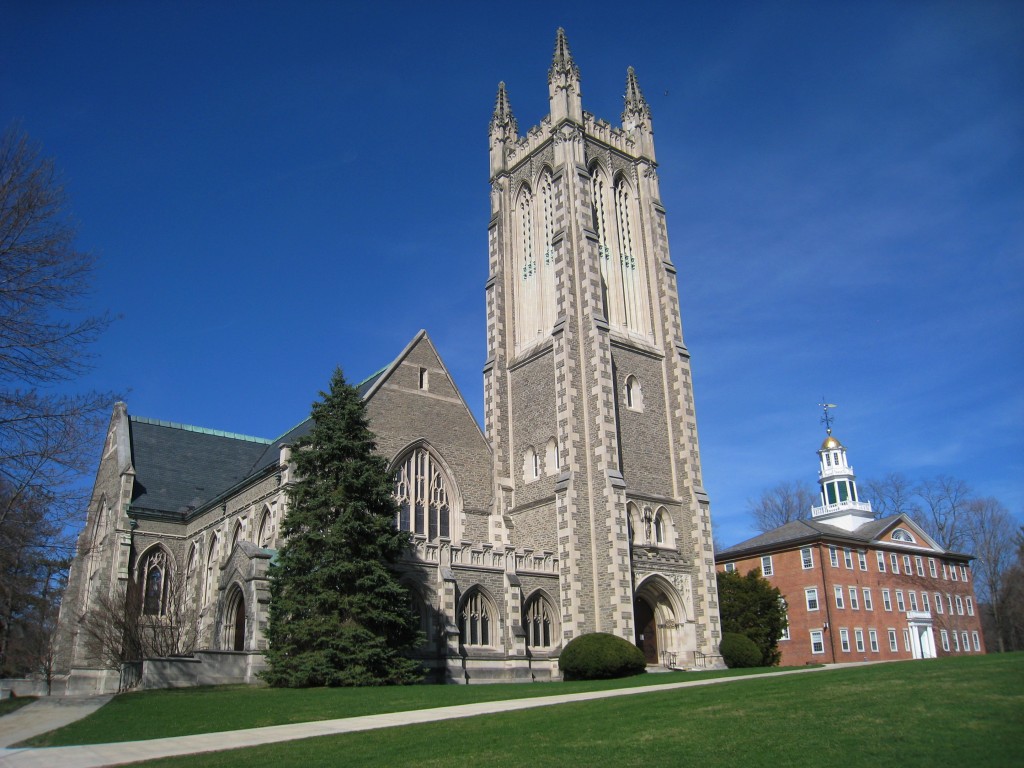
Williams College offers students a variety of areas in which to concentrate and study of those areas is interdisciplinary. There are majors and concentrations but students retain much of the control over the direction of their studies. Programs of note for aspiring diplomats include: Arabic, Africana Studies, Asian Studies, Critical Languages, Economics, History, Math, and just about every subject that might be relevant or important to a diplomat.
Tuition: $46,600
Amherst College
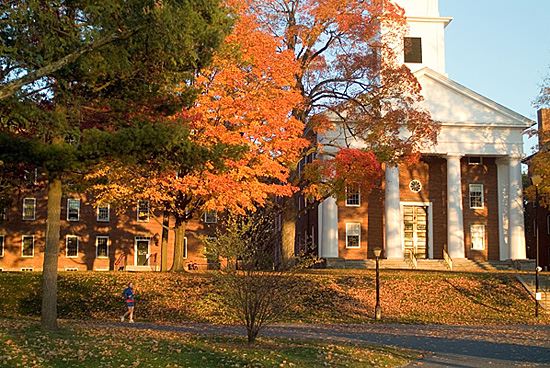
Some future diplomats may have their own ideas about what they should study in college. Liberal Arts schools like Amherst give students the ability build their own degree. This can be valuable as the tests for entry into the foreign service are intensive and boast an incredible depth. Students can also select multiple majors.
Tuition: $46,574
Swarthmore College

One of the hallmarks of a liberal arts program is the ability of students to be as finely or broadly focused as they want. Students retain autonomy and freedom in the definition of their studies, and can focus on the things they find most important or interesting. Swarthmore features a fifty programs and the ability to create your own major. Whether it’s Peace and Conflict Studies or Chemistry, every major is approached from an interdisciplinary perspective.
Tuition: $44,718
Bowdoin College

Bowdoin students do not declare their major until the second semester sophomore year. Considering that 80% of college students change their major at least once, and the average student changes majors three times, it makes sense to gives students time to explore and think about what areas they wish to study. Bowdoin allows students to pick a single, double, or interdisciplinary major, design their own major, and students may add a minor to any of those options..
Tuition: $45,446
Middlebury College

It should be noted that with Middlebury, and all the other liberal arts colleges on this list, the primary focus is on providing students with a wide breadth of study. The major provides a focus, but the interdisciplinary nature of the study means students come through understanding how their major relates to the world and that’s what makes the liberal arts such an attractive choice for future diplomats.
Tuition: $45,314
Online Liberal Arts Programs
These online liberal arts programs offer students much the same flexibility as the traditional programs, but with the added bonus of the flexibility of online learning. Online learning is far cheaper than traditional schooling. Learning online means that students are free to travel during their college years which can provide valuable experience.
Penn State–World Campus
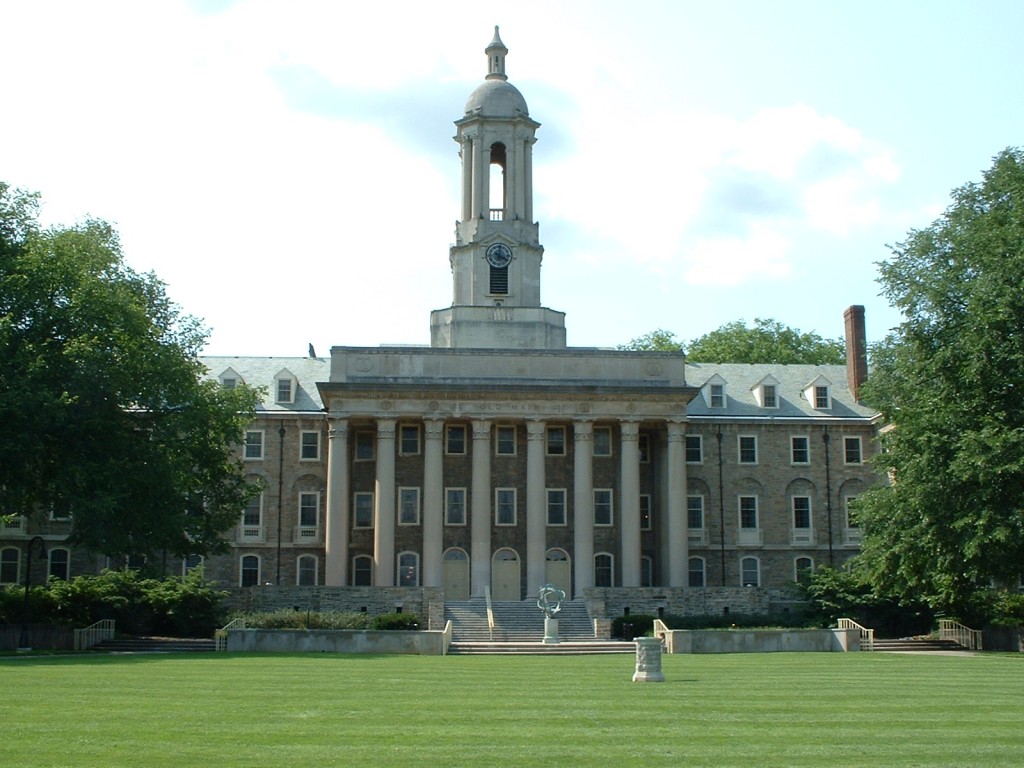
The BA in Letters, Arts, and Sciences provides students with the opportunity to learn organizational dynamics and leadership in a broad program with many available perspectives. The program harnesses the critical point of view of the liberal arts to equip students to face complex social, cultural, and organizational issues.
Tuition: $13,202
St. John’s University: BA in Liberal Studies
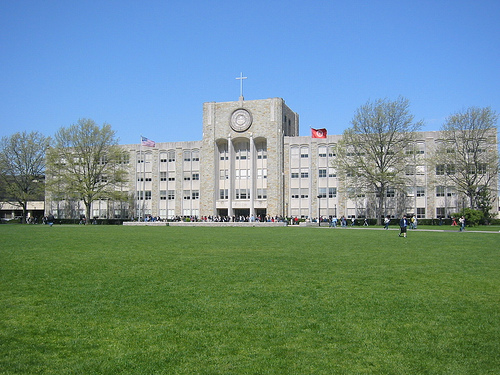
Students can minor in one of several vocational areas in this programs but many might choose to simply use electives to study subjects that will be beneficial to their pursuit of a career in diplomacy. Students in the liberal studies program don’t just study each subject as isolated, instead studying the connections each subject has with the others.
Tuition: $37,260
University of Illinois–Springfield: BA in Liberal Studies

The University of Illinois at Springfield recognizes the limitations of traditional degree programs and recognizes that not all students’ needs are met by such programs. The Liberal Studies program is designed for students that want more flexibility and self determination in their studies.
Tuition: $9,816
Indiana University-Purdue University–Fort Wayne: Bachelor of General Studies
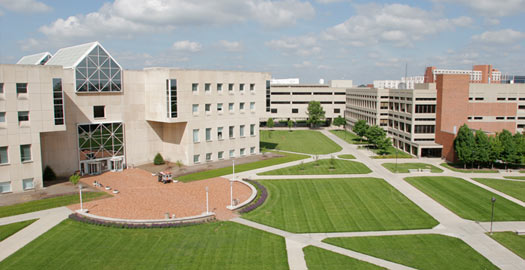
This is very much a “build your own program” sort of program. The bulk of the program consists of electives. Students can transfer up to 100 credits into the program. Students can take no more than 30 credits from any single professional school.
Tuition: $16,845
Arizona State University: BA in Liberal Studies

One of the values of a liberal studies degree is that it provides students with a broad base of knowledge, and the problem solving and leadership skills to make use of that knowledge in a variety of situations. The strengths of the program make it perfect for preparing for the foreign service exams.
Tuition: $14,400
Online Economics
Economists can be incredible assets in a diplomatic setting. Having somebody that understands economics, can make traditions, and advise the team on issues of trade is essential to any embassy.
Penn State University–World Campus: BA or BS in Economics

The BA in Economics from Penn State gives students a firm grounding in the interdisciplinary mindset. This mindset allows people with the technical understanding of economics to apply that understanding in a variety of circumstances that require a critical understanding of the context of the problem.
Tuition: $13,202
Utah State University: BS in Economics
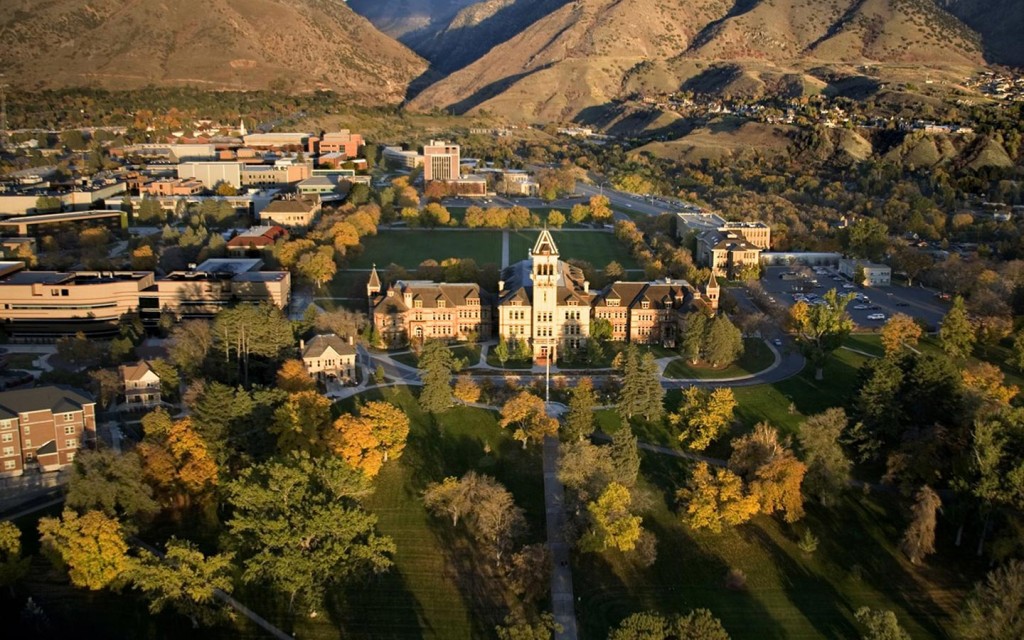
This economics program can be informed by minors in anthropology, sociology, spanish, and history. These minors allow future diplomats to couple their economic studies with the study of other disciplines that can inform their decision making in a variety of contexts.
U.S. News Ranking:
Tuition: $8,700
Robert Morris University: BSBA in Economics

One thing prospective diplomats must consider is that very few people go straight from college into the foreign service. A BS in Business Administration with a focus in economics is a viable degree for success in the job market. Additionally experience in business and economics can be of great use in the foreign service as trade is a big part of our relationship with many countries.
Tuition: $20,400
Oregon State University: BA/BS in Economics

This economics degree is available through both BA and BS programs. Economics majors can pick any of a number of online minors. This is a useful way for future diplomats to augment their knowledge base with information useful both while serving in the foreign service, and in taking the foreign service exams. Some minors that might be useful are: geography, history, political science, and anthropology.
U.S. News Ranking:
Tuition: $12,195
Northern State University: BA in International Business and Economics
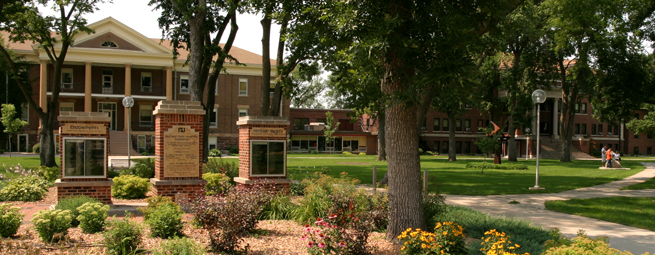
The BA in International Business and Economics program is particularly useful to future diplomats because of its international focus. The degree includes extensive foreign language learning, and provides students with a global perspective. This perspective will allow students to find work in international business, the experience of which can prove invaluable both in the foreign service examination, and while actually serving as a diplomat.
Tuition: $5992.50
Online Political Science
The value of a political science expert should be obvious to any aspiring diplomat. Somebody that can understand political systems and provide insight and analysis is a valuable addition to any diplomatic team. Political science is also a great stepping stone to degrees in law or international relations.
Penn State–World Campus: BA in Political Science

This political science program covers both domestic and foreign politics, and the effect those political systems and situations have on the U.S. and our relationships with other countries. The program is designed to develop the student’s analytical research skills through extensive research and writing projects.
Tuition: $13,202
Arizona State University: BA in Political Science

The PoliSci program at ASU teaches students to understand real world situations through the lense of the political science discipline. The school also emphasizes the practical application of political science theory to real and current issues in the modern political landscape.
Tuition: $14,400
Oregon State University: BA/BS in Political Science

The broad applicability of the Political Science discipline is something OSU’s graduates have managed to harness, landing jobs in intelligence, the legal field, and journalism. The program grounds students in the workings of the U.S. political system but doesn’t stop there. Students also study in depth the political systems of Europe, and the way the rest of the world views the United States.
Tuition: $12,195
Fort Hays State University: BA in Political Science
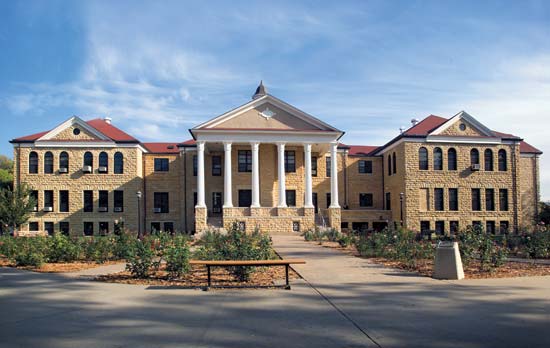
Political Science students often pursue graduate work. There are many careers that can augment and improve a person’s career path as they work toward joining the Foreign Service. Fort Hays even lists “foreign diplomat” among possible career choices for political science students.
Tuition: $5781.50
Troy University: B.S. Political Science
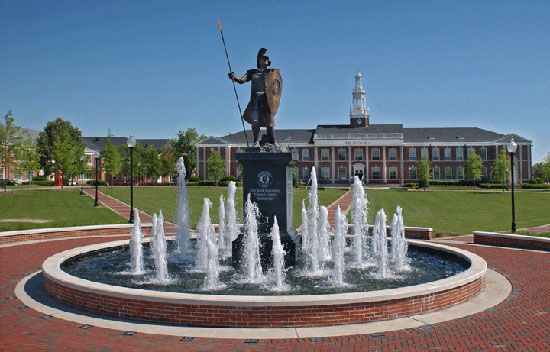
The program at Troy is designed for flexibility. Students have the opportunity to concentrate their studies in American Politics, Public Administration, and International Politics. The school also offers a cyber security certificate, which could be helpful for aspiring diplomats considering the often sensitive nature of such a career.
Tuition: $9,780
Online Sociology and Anthropology
These two disciplines are very closely linked. Sociology tends to focus more on defining the problems and challenges facing modern society and finding ways to fix those problems. Anthropology is more focused on understanding human interaction and societies on a historical level. Both are incredibly valuable disciplines in diplomacy.
Arizona State University: BS in Sociology

This program balances the study of modern social issues and traditional social institutions. A broad net is cast in this undergraduate sociology degree, studying most of the major sociological issues of today. Understanding how people interact within and outside of their own culture and the issues created by the increasing globalization of culture is the goal of the program at ASU.
Tuition: $14,400
Oregon State University: BA/BS in Economics

The anthropology degree at OSU is designed to provide students with the unique skills necessary for success in any of the many fields open to anthropology students. The program prepares students for work in fields which include: human and governmental services, law, business, and media among others.
Tuition: $12,195
Fort Hays State University: BA in Sociology

The sociology program at Fort Hays University explores the relationship between social causes and human action, and the consequences of human behavior. Sociology majors at FHSU work with an advisor to craft their own personalized sociology program that meets the students needs and will help the student fulfill their goals.
Tuition: $5,781.50
Troy University: B.S. Anthropology or Sociology

Sociology and Anthropology often walk hand in hand and at Troy students can major and minor in either of these subjects. This is a powerful option for future diplomats as both fields have a lot to offer. Students can focus in both their major and minor on subject matter that will directly benefit them in their pursuit of a diplomatic career.
Tuition: $9,780
California State University–Chico: BA in Sociology

Students at CalState Chico will learn to think critically about problems using sociology principles to provide clarity and understanding. The program focuses on the application of sociological thought to modern day issues facing the world.
Tuition: $18,132
Online Miscellaneous
These are niche programs ranging from international business to geography and language. There are many niche roles that must be filled in diplomatic contexts globally and having an understanding of those roles can be a feather in the cap of any future diplomat.
Penn State University–World Campus: BA in International Politics

The BA in International Politics is similar to a political science program but is hyper focused on the geopolitical landscape. Students have three concentrations to choose from: International Relations, International Political Economy, and National Security Studies. Each of these programs might serve the needs of a future diplomat in many ways.
Tuition: $13,202
University of Illinois–Springfield: BA in Philosophy

Philosophy students study the philosophical thought that is the core of western civilization. All modern political systems are built on a philosophical framework. Ethics are philosophical in nature and should be essential to any political system or thought process. Future diplomats with an undergraduate degree in philosophy can minor in another related discipline or pursue graduate work as needed.
Tuition: $9,816
Arizona State University: BA in History

Everything in the past is history. Everything we are now is built on millennia of history and an understanding of that history is crucial. There are regions in the world with grudges that have been held for thousands of years. If we hope to understand that kind of dynamic, and interact with countries in those regions as globalization allows, it is important have at least a basic understanding of world history and the dynamics at play around the world.
Tuition: $14,400
Oregon State University: BA/BS in German

While this particular program is German, I chose it as a representative of language in general. Students with a strong understanding of a foreign language are essential in diplomatic situations. Knowing a language well enough to act as an interpreter also opens up countless career opportunities in areas that will help prepare future diplomats for the Foreign Service.
Tuition: $12,195
Northeastern University: BS in Information Technology
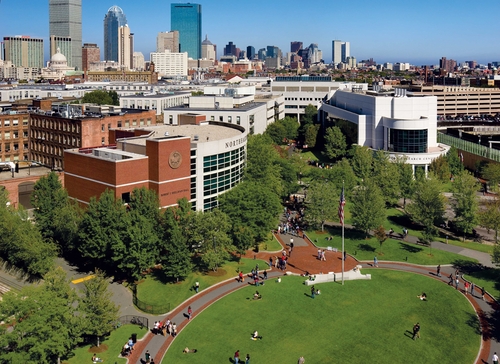
Information Technology. Embassies have to communicate. Technology specialists are essential to the foreign service and particularly IT personnel as communication systems are vital to daily operation. This is a bit of a departure from the types of programs listed here for the most part but was included because it is an important role and a viable major for those looking to join the Foreign Service.
Tuition: $14,760
